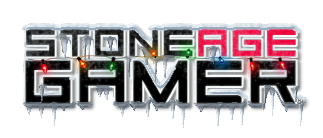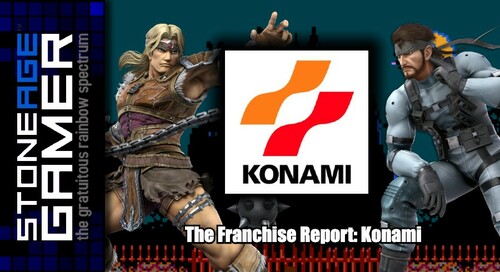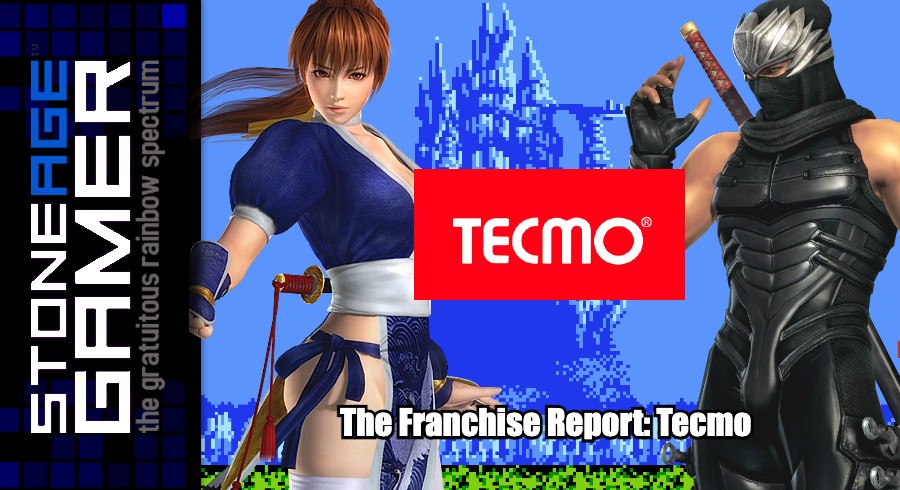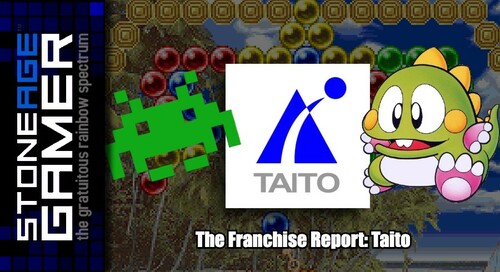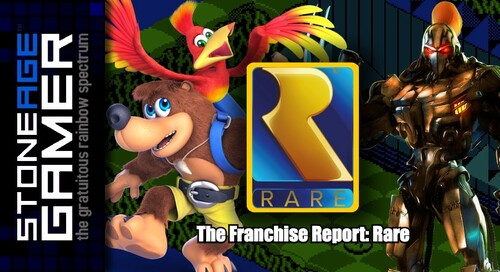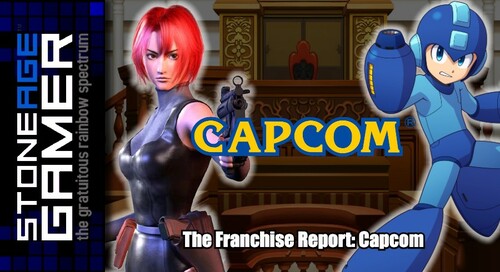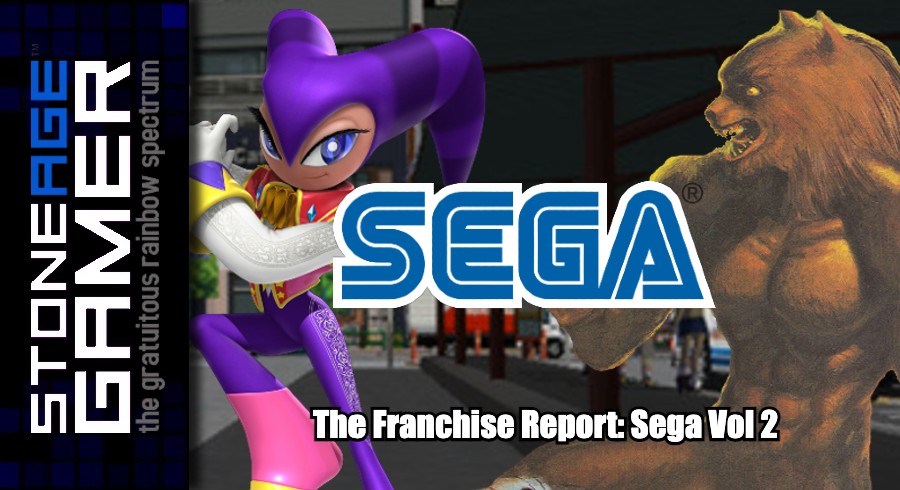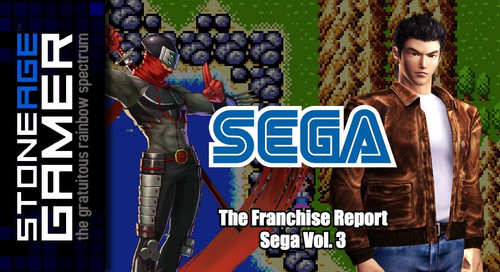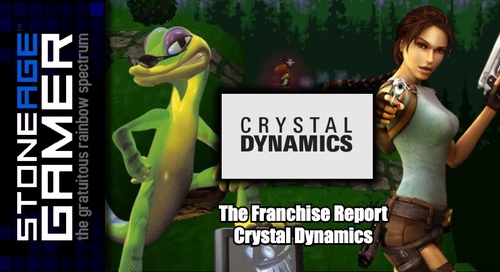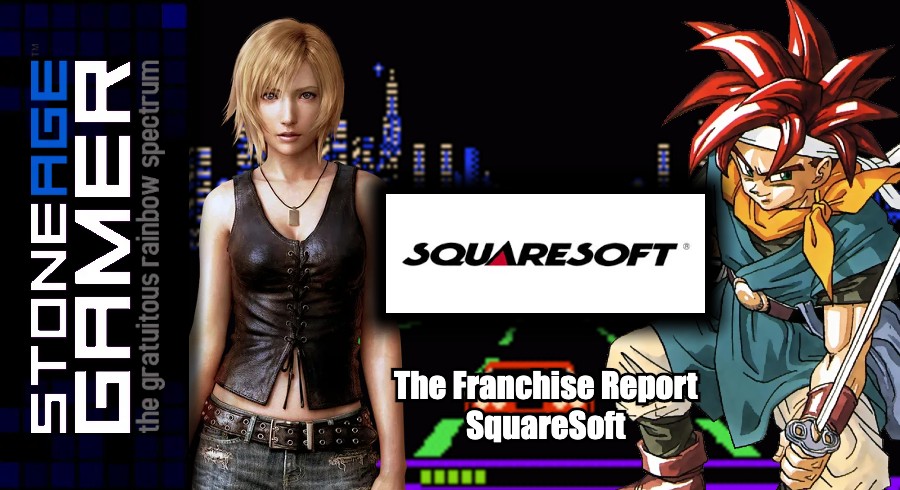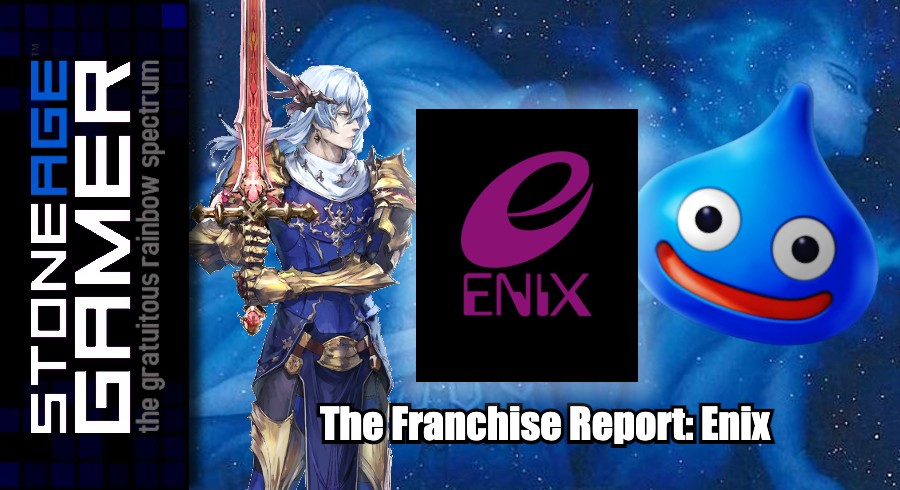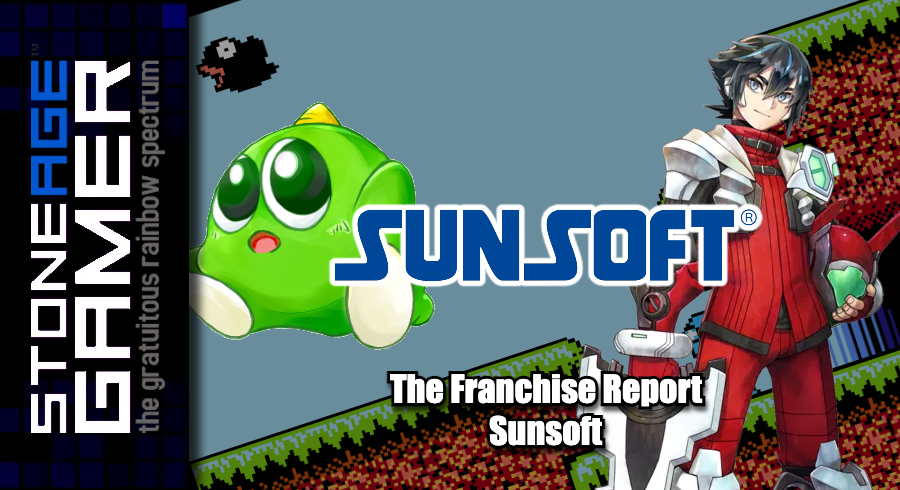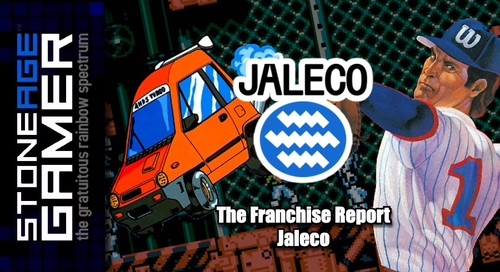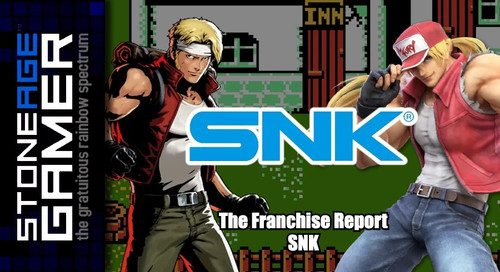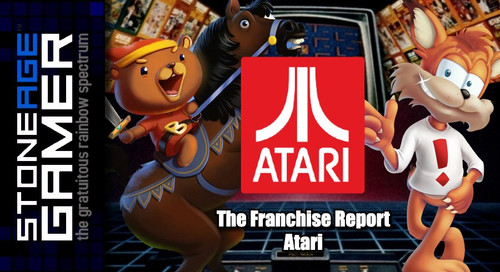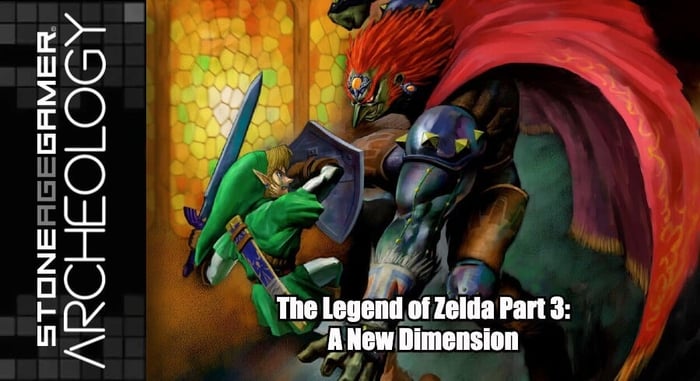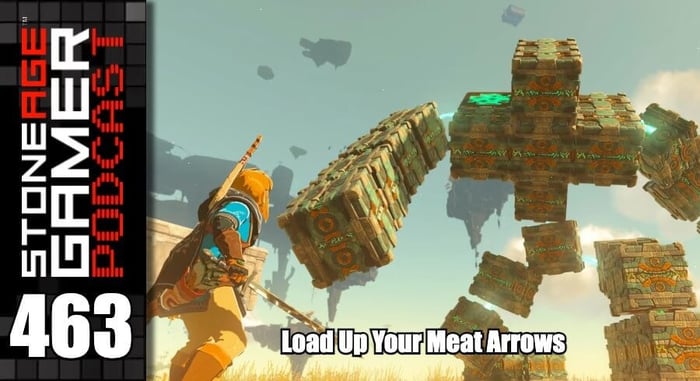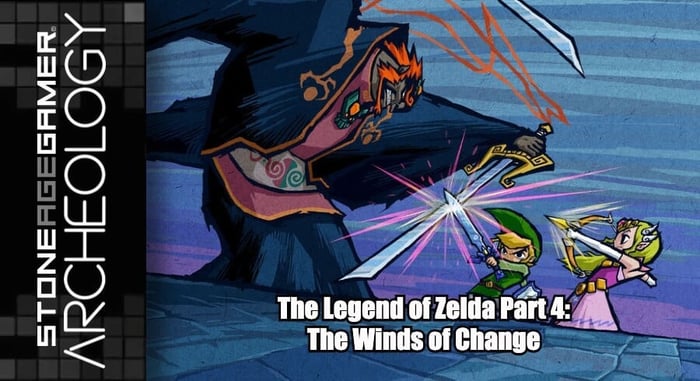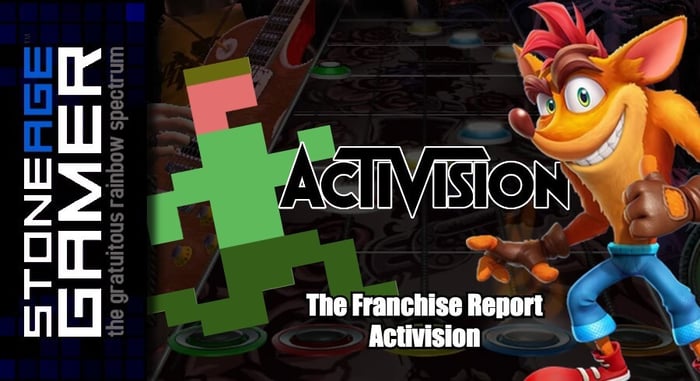
The Franchise Report: Activision
Welcome to The Franchise Report, where we take a look at a game publisher's catalog and see how their biggest franchises are doing these days.
Last time, we said we were going to start covering Microsoft, and I can think of no better way to both follow up our Atari report and kick off Microsoft than to dive into the catalog of their most recent acquisition, Activision. They’re the original 3rd party publisher, and while I may personally loathe what they’ve become, especially considering how they began, there’s no denying the company’s impact on the industry. Obviously, there’s no sense in looking at stuff like Call of Duty because clearly that’s doing just fine, and even Tony Hawk managed to get its feet under itself recently. But the other stuff? Let’s take a look.
Crash Bandicoot
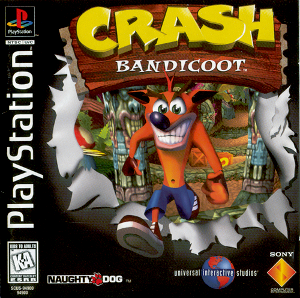
It’s crazy to me that Crash Bandicoot is an Activision brand now, what with him more or less being the defacto PlayStation mascot back in the late 90s, but the world of video games is chock full of various acquisitions, and Crash going from Naughty Dog to Universal to Activision is just one of those things.
Anyway, Crash is a mascot platformer with attitude. It was basically Mario for PlayStation kids back in the day and while it’s never come close to living up to that series' gameplay standards (in my opinion, at least) it’s a huge brand with a ton of loyalty behind it.
Health rating: Quite good
I say “quite good” because it doesn’t seem to be going away any time soon, but this series has a distressing number of canceled games under its belt, and Activision’s recent treatment of the folks behind its recent development, Toys for Bob, has seemed rocky. They were responsible for the Crash N Sane Trilogy that went on to sell a bajillion copies on its initial run, and then sell another bajillion when it released on Switch. They then got to make Crash 4, which more or less reset the series after its numerous weird offshoots and spinoffs, but following that game’s success, there were reports that they had been taken off the franchise and put on Call of Duty duty. Now though, it seems they’re back in the Crash business with Crash Team Rumble supposedly releasing later this year. I guess we’ll see.
Geometry Wars
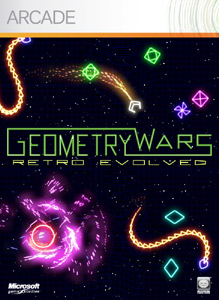
Another game I can’t believe Activision somehow now owns, Geometry Wars was originally an easter egg in Project Gotham Racing, but upon its own individual release became one of the games that defined the Xbox 360’s Xbox Live Arcade service. It’s sort of like Asteroids but juiced up to an insane degree. It’s a twin stick shooter where you control a little geometric wireframe shape and blow up other wireframe shapes. It really caught on and eventually got a number of cool followups, including the excellent Geometry Wars Galaxies for the Wii of all systems.
Health rating: Not so good
The last Geometry Wars game was Geometry Wars 3: Dimensions back in 2014. It seemed to perform fairly well, but if I had to guess, this series current position is the result of poor IP management on Activision’s part. They shut down Bizarre Creations, the studio responsible for the series up to this point, and gave development duties on Geometry Wars 3 to Lucid Games, then released it under their then recently acquired Sierra Entertainment brand, which also doesn’t seem to do much anymore. Geometry Wars seems to have been lost in the shuffle of acquisitions and studio shutdowns that Activision seems to love so much, which is a shame. I don’t think the brand is completely dead because who knows when someone somewhere will decide to dust off its corpse to try and make a buck, but things are pretty grim.
Guitar Hero
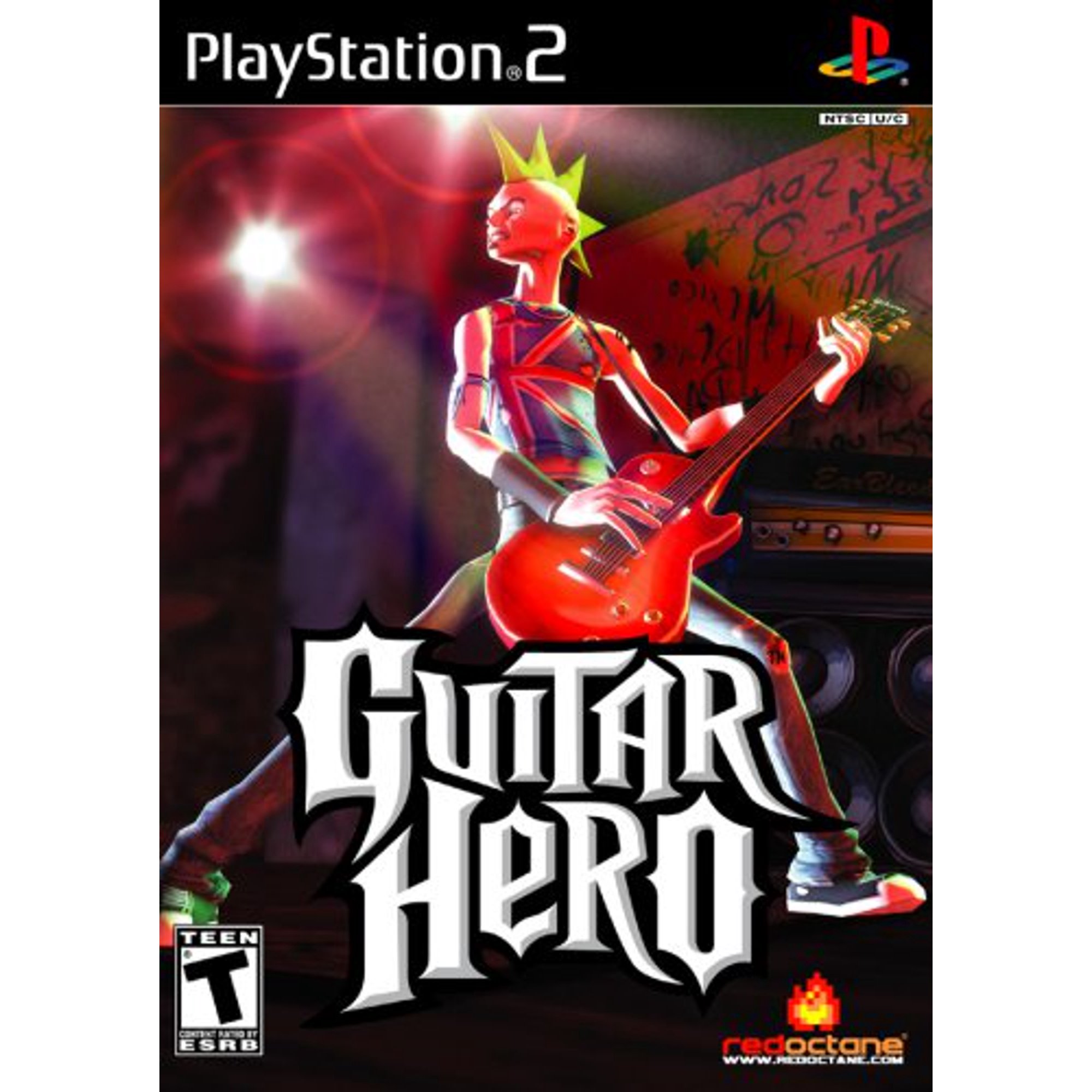
Once one of the biggest names in video games, the plastic instrument video game trend was a heck of a ride. Guitar Hero is the one that started it all, itself a sort of spinoff/realization of developer Harmonix’s Frequency/Amplitude concept they had released a few years prior. In case you missed it, Guitar Hero is a game where you pick up a guitar shaped controller and play it along with notes as they pass by on your screen. It’s incredibly fun and took the entertainment world by storm.
Health rating: Not so good
Like all fads, Guitar Hero passed. Activision bought RedOctane, the company responsible for developing the guitar controller for Guitar Hero, and with it the Guitar Hero brand. Harmonix was then purchased by MTV Games and created rival Rock Band instead, and the plastic instrument boom became the bane of every video game retailer’s existence as they then had to make room for gigantic boxes filled with drum sets, keyboards, and more.
The market quickly became saturated, and people more or less got over the concept. The last release was 2015’s Guitar Hero Live which positioned itself as an attempt to reign in the frankly absurd number of releases Activision was pumping out and bring the game back into the mainstream. It failed spectacularly, and Guitar Hero hasn’t been much more than a footnote since. But a name that big surely isn’t dead, and we’ll all just have to wait and see what happens the next time Activision thinks they can make some money off of it.
Spyro the Dragon
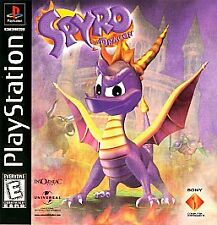
Spyro was always this sort of counterpoint to Crash Bandicoot back in the PlayStation days, but following its purchase by Universal it went on some wild rides. It started as a cute sort of platformer about a purple dragon, but then it got rebooted a couple of times with less than inspiring results. The last reboot though was called Skylanders: Spyro’s Adventure, and if that name doesn’t sound familiar to you, then you probably never visited a Toys R Us between 2011 and 2015. That’s the game that kicked off the toys to life craze, and those figures were EVERYWHERE.
Health rating: Could be worse
Spyro quickly became the least interesting thing about Skylanders when it took off, and it basically became its own thing while Spyro fans were left with no new games for ages. Its last original entry was in 2008 with Dawn of the Dragon. Following the success of the Crash N Sane Trilogy though, Activision released the Spyro Reignited Trilogy, which while it didn’t perform as well as Crash did (because that game performed absurdly well) sold quite a number of copies. Things have been pretty quiet on the Spyro front ever since though. There have been a few rumors circling from time to time about a proper Spyro followup, but nothing has materialized. He’s still got some solid mindshare in the world of gaming though, so he’ll likely be back someday.
Pitfall
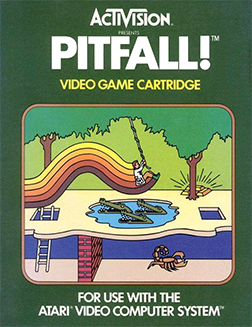
If there’s one brand that put Activision on the map, it’s Pitfall. Originally released in 1982 for Atari 2600, Pitfall was a huge hit for the company and spawned a franchise that’s endured ever since, as well as set the standard for platformers until Super Mario Bros. in 1985. It’s been through a lot though with a ton of reboots and weird sequels, and ol’ Pitfall Harry seems to have fallen on hard times lately.
Health rating: Not so good.
As far as I can tell, the last proper Pitfall game was Pitfall: The Big Adventure in 2009, which itself is just a retooling of 2004’s Pitfall: The Lost Expedition. There was a moderately successful mobile game in 2012, but it failed to leave the same mark as contemporaries like Temple Run. Things have been pretty quiet on the Pitfall front ever since. It’s got an incredible legacy though, and is still commonly referenced in other games, but the property itself has been on ice for way too long. Considering Pitfall II: The Lost Caverns for Atari 2600 is one of the earliest examples of what’s known as a Metroidvania today it’s strange to me that nobody has tried to bring Pitfall back as a smaller indie title, but that’s Activision for you. Pitfall isn’t actually dead yet, but it might be soon.
And that wraps up Activision. Not exactly quality stewards of the brands they own, but maybe things will change under Microsoft. My expectations aren’t high, but I’d love to be proven wrong.
Next time we’re going to take a look at Microsoft’s other more nebulous properties. The stuff that defined Xbox before they started buying studios left and right. Should be interesting!
